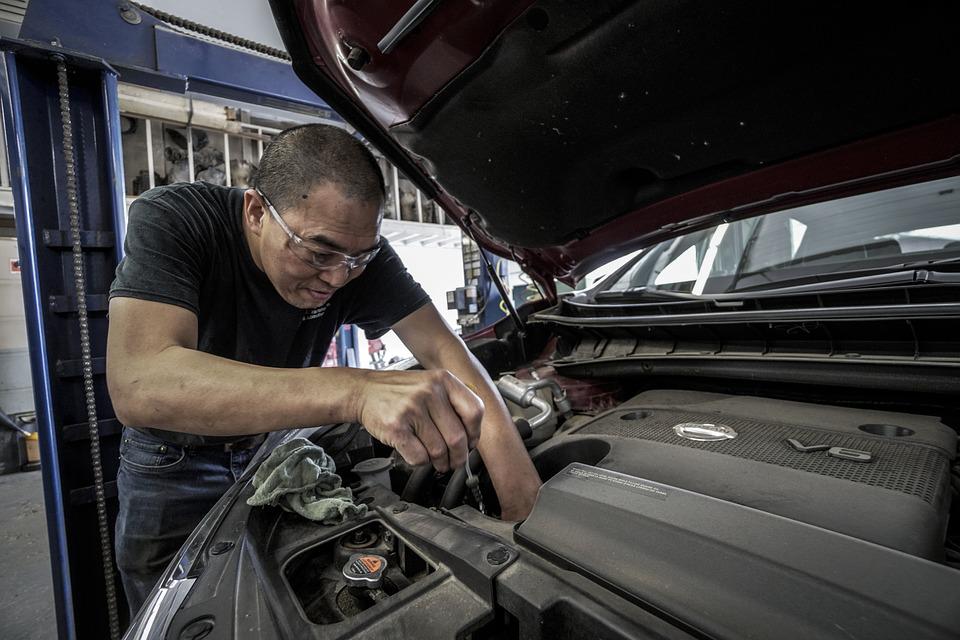Optimizing Electric Valve Control for Efficient Heating Systems
The Importance of Heating Electric Valves in Modern HVAC Systems
In today's world, maintaining optimal heating levels in residential and commercial spaces is more critical than ever. As energy efficiency becomes a central concern, heating electric valves have emerged as integral components in modern heating, ventilation, and air conditioning (HVAC) systems. These devices not only enhance comfort but also play a pivotal role in conserving energy and ensuring system longevity.
Understanding Heating Electric Valves
Heating electric valves are electronically operated devices that regulate the flow of hot water or steam within heating systems. Typically installed in radiators, underfloor heating systems, or HVAC units, these valves are designed to open or close based on specific signals from a thermostat or building management system. This automated control allows for precise management of heating output, adjusting to changes in ambient temperature and user preferences.
Efficiency and Energy Conservation
One of the primary advantages of heating electric valves is their contribution to energy efficiency. Traditional heating systems often rely on manual controls, which can lead to overheating, underheating, or inconsistent temperatures throughout a space. By automatically regulating flow, electric valves ensure that only the required amount of heating is supplied, thereby reducing energy consumption.
For example, in a zoned heating system, each room can be equipped with its own thermostat and an electric valve. As occupants move from room to room, the system can adjust accordingly, minimizing energy waste in unoccupied spaces. This targeted heating approach not only saves on energy bills but also reduces the environmental impact, making electric valves an eco-friendly choice for modern buildings.
Enhanced Comfort and Control
heating electric valve

Heating electric valves also significantly enhance user comfort. With automated systems, users can set their preferred temperatures without the need for constant manual adjustments. Advanced models offer smart features, such as integration with home automation systems, allowing users to control temperatures remotely via smartphones or tablets.
Moreover, the ability to manage individual zones within a building means that different areas can be maintained at different temperatures. This is particularly useful in multi-use spaces where various activities may require distinct climate control—such as offices, meeting rooms, and lounges—ensuring that every environment is comfortable for its specific use.
Reliability and Maintenance
While the initial investment in heating electric valves may be higher than traditional manual valves, their long-term benefits make them an economical choice. The automated nature of these valves reduces mechanical wear, leading to increased reliability and longevity. Additionally, many modern electric valves come equipped with diagnostic features that can alert users to potential issues before they escalate, allowing for proactive maintenance and minimizing downtime.
Routine maintenance of electric valves is straightforward. Regular checks of the electrical connections, ensure the valves are free of debris, and verifying firmware updates (for smart models) can keep the system running efficiently. Moreover, as technology progresses, the lifespan and performance of electric valves continue to improve, making them a low-maintenance solution for heating systems.
The Future of Heating Solutions
As we look to the future, the role of heating electric valves will only become more significant. With the ongoing push towards smart buildings and the Internet of Things (IoT), the integration of electric valves with advanced monitoring and control systems will become mainstream. These advancements will enable more sophisticated energy management, predictive maintenance, and enhanced user experiences.
In conclusion, heating electric valves are vital components that contribute to energy efficiency, user comfort, and system reliability in modern HVAC systems. As technology continues to evolve, these devices will play an increasingly pivotal role in creating comfortable, eco-friendly living and working environments. Investing in heating electric valves is not only a forward-thinking choice but also a commitment to sustainable energy practices in our everyday lives. As we progress towards a greener future, the importance of such innovations cannot be overstated.
-
The Key to Fluid Control: Exploring the Advantages of Ball Valves in Industrial SystemsNewsJul.09,2025
-
The Versatile World of 1, 2, and 3 Piece Ball ValvesNewsJul.09,2025
-
Stainless Steel Ball Valves: The Ideal Choice for Efficient Flow ControlNewsJul.09,2025
-
Optimizing Fluid Control with Ball Float ValvesNewsJul.09,2025
-
Manual Gate Valves: Essential for Control and EfficiencyNewsJul.09,2025
-
Everything You Need to Know About Butterfly ValvesNewsJul.09,2025
-
The Versatility of Wafer Type Butterfly ValvesNewsJul.08,2025




